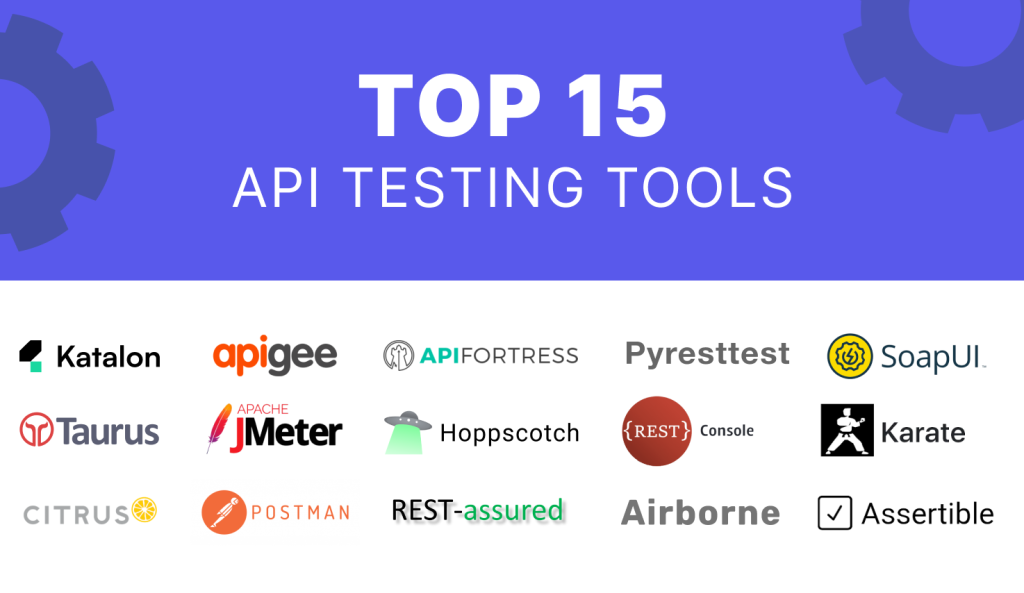
The API testing landscape continues to evolve in 2024, offering a diverse range of options to cater to different needs and preferences. Here’s an overview of popular categories and their leading contenders:
Open-source Tools:
- Postman: A popular multi-purpose tool for API development, testing, and documentation. Offers various request types, assertions, and collections for organized testing.
- SoapUI: An open-source tool with a strong focus on SOAP and REST APIs, providing test case creation, security checks, and mocking capabilities.
- Rest Assured: A Java library for REST API testing, offering flexible scripting and integration with JUnit and other frameworks.
- Katalon Studio: A platform offering comprehensive testing capabilities, including API testing with support for various protocols and data-driven testing.
Commercial Tools:
- Apigee: A cloud-based platform for API management, offering testing features like performance testing, security scanning, and contract validation.
- Assertible: A web-based tool designed for continuous integration and deployment (CI/CD), focusing on API testing with automated assertions and reporting.
- SmartBear ReadyAPI: A suite of tools from SmartBear covering various aspects of API testing, including functional, performance, and security testing.
- Parasoft SOAtest: A platform for service-oriented architecture (SOA) and API testing, offering comprehensive testing capabilities and integration with CI/CD pipelines.
Cloud-based Tools:
- Hoppscotch: A lightweight and user-friendly tool for exploring and testing APIs, offering auto-completion, mocking, and environment management.
- Sauce Labs: Offers tools for API testing and visual testing, providing automated test generation and cross-browser compatibility testing.
Choosing the Right Tool:
- Skill level and experience: Consider your comfort level with scripting and coding requirements.
- Target APIs and protocols: Choose tools supporting the specific protocols and technologies used in your APIs.
- Budget: Free and open-source options exist, but commercial tools offer advanced features and support.
- Security needs: Evaluate the security testing capabilities offered by the tool.
- Integration with other tools: Consider seamless integration with your development and testing environment.
Extra factors:
- Community and support: Choose tools with active communities and support resources for troubleshooting and learning.
- Mobile API testing: If you need to test mobile APIs, ensure the tool supports relevant protocols and devices.
Emerging Trends:
- AI-powered testing: Tools are leveraging AI for test case generation, anomaly detection, and automated performance analysis.
- Shift-left testing: Integrating API testing earlier in the development lifecycle for faster feedback and improved quality.
- API security focus: Increased emphasis on security testing to identify and mitigate vulnerabilities in APIs.
The best API testing tool depends on your specific needs and context. Explore different options, consider free trials, and involve your development and testing teams in the selection process to ensure a successful integration into your workflow.
Say goodbye to the hassles of bike ownership! MotoShare.in offers affordable rentals, whether you need a scooter for errands, a bike for a road trip, or a reliable ride to explore new cities.

 Starting: 1st of Every Month
Starting: 1st of Every Month  +91 8409492687
+91 8409492687  Contact@DevOpsSchool.com
Contact@DevOpsSchool.com
